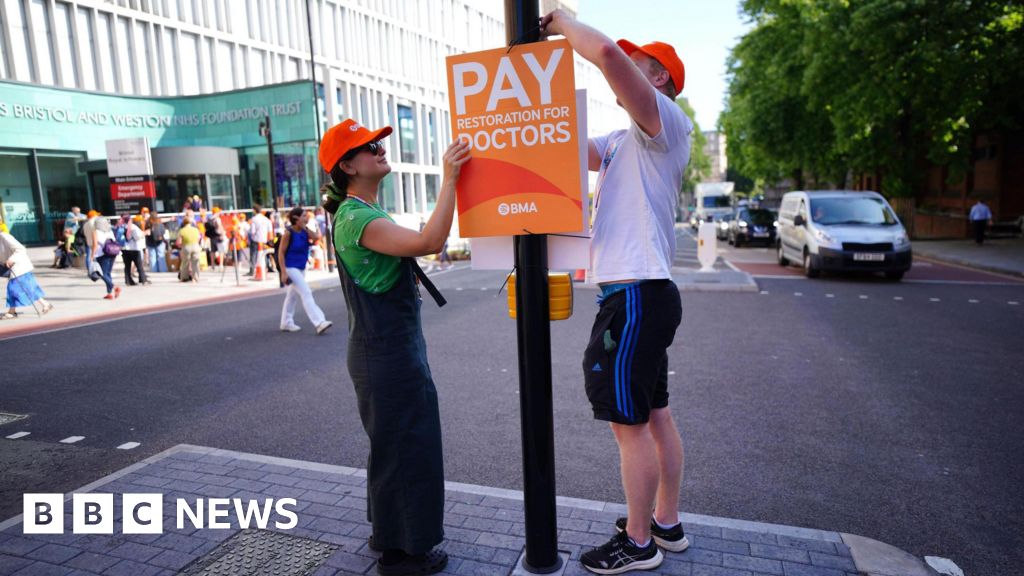British Medical Association Announces New Round of Strikes
The British Medical Association has announced a new round of strikes in England after talks with the government failed again. Since the last strike at the end of July, the union and government have been in dialogue throughout the summer and early fall. However, the BMA said that as no progress was being made, there would be a five-day strike by resident doctors, the new name for junior doctors, from Friday November 14.
Impact of the Strike
This is the 13th strike in the long-running wage dispute since March 2023 and is expected to cause significant disruption, particularly in hospitals. Resident physicians make up nearly half of the medical workforce and range from doctors just out of college to doctors with up to a decade of experience. They leave both emergency and routine care and are supervised by senior doctors who provide care.
Previous Strike Disruptions
While the NHS tried to maintain as many routine services as possible during the last strike, thousands of operations and appointments still had to be postponed. The disruptions caused by the strikes have had a significant impact on patient care, with many people having to wait longer for the care they need.
Reaction from the BMA
Dr. Jack Fletcher, chairman of the BMA’s medical committee, said: "This is not where we wanted to be." "We spoke to the government in good faith. We hoped that the government would recognize that our demands were not only reasonable but also in the best interests of the public and our patients and would also help ensure our doctors do not leave the NHS." “Although we want to reach an agreement, the government does not appear to be doing so, leaving us with little choice but to call a strike.”
Government Response
Health Minister West Streeting has insisted all year he will not negotiate pay after practicing doctors received pay rises totaling almost 30% over the past three years. The focus of the discussions was therefore on career advancement, working conditions and deductibles such as examination fees. The union argues that despite the pay increases, resident doctors’ salaries are still a fifth lower than in 2008 when inflation is taken into account.
Job Shortages
They also said they wanted the government to address the shortage of jobs after the second year of training, when resident doctors move on to specialist training. As of this writing, there have been more than 30,000 applicants for 10,000 positions this year, including doctors from abroad.
Criticism of the BMA
Health Minister Wes Streeting called the announcement “absurd.” "The BMA rejects an offer to improve the working conditions of practicing doctors and create more specialist training places to advance their careers. The BMA is blocking a better offer for doctors." “These unreasonable and unnecessary strikes have no public support. “The BMA’s reckless behavior will harm patients, leave other doctors and NHS staff to pick up the pieces and divert resources from rebuilding the NHS.”
Call for Negotiations
Rory Deighton from the NHS Confederation, which represents health leaders, said he was “bitterly disappointed” that talks had failed again – and called on the BMA to return to the negotiating table. “We must now prepare to mitigate the disruption caused by further strikes, while at the same time they prepare for what is likely to be another very difficult winter, while further straining their election waiting lists.” “Ultimately, despite our best efforts in planning and providing emergency response, it is patients who are bearing the brunt of industrial action as more and more appointments, tests and operations are canceled, meaning people have to wait longer for the care they need.”

